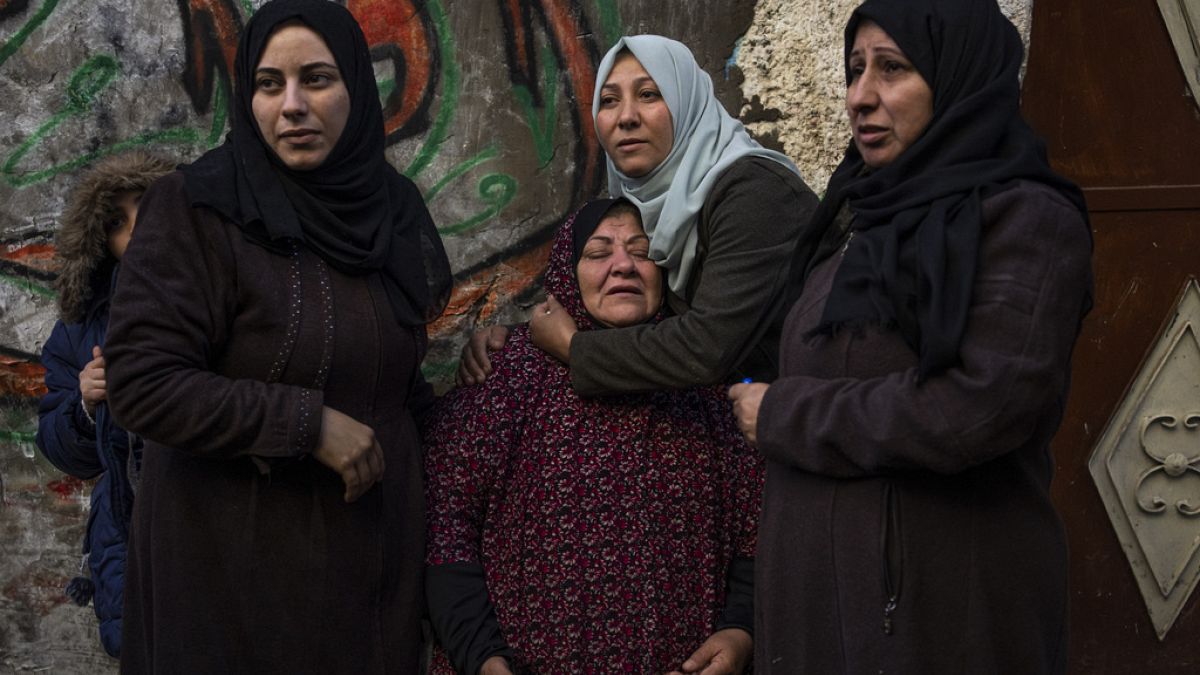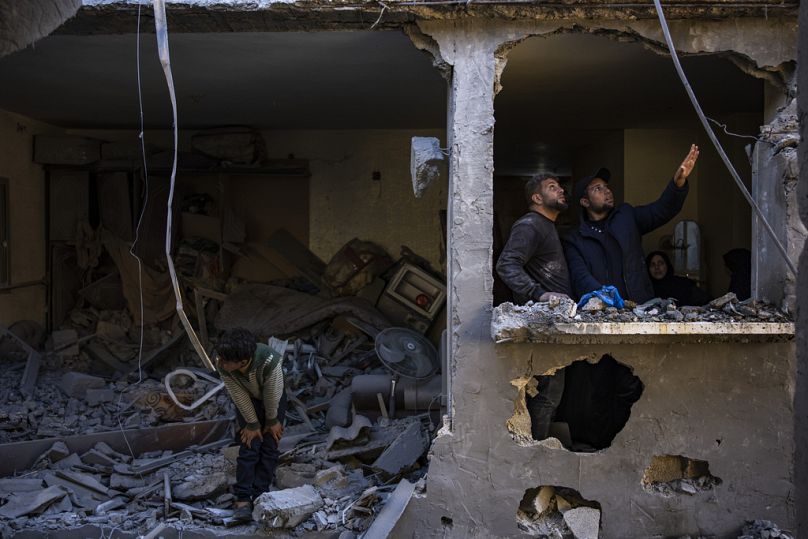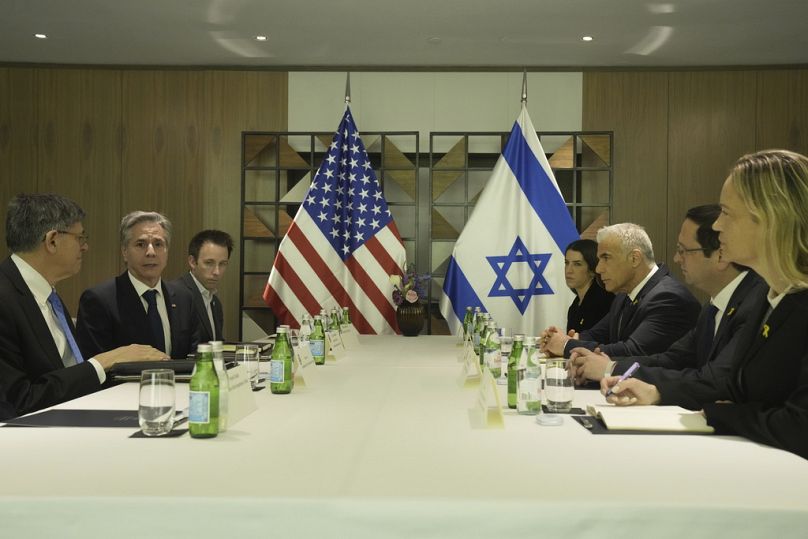With the US Secretary of State's latest diplomatic mission to the Middle East ending in failure, Israel is intensifying its military campaign.
The United States has warned that a military push by Israel into the southern Gaza city of Rafah without proper planning would run the risk of becoming a "disaster."
The US had "yet to see any evidence of serious planning for such an operation," State Department deputy spokesman Vedant Patel told reporters, adding that conducting "such an operation right now with no planning and little thought" in an area where one million people are sheltering "would be a disaster."
Any such military offensive was "not something we'd support," Patel underlined, noting that Rafah is a crucial entry point for humanitarian aid for Gaza.
The warning came as Israeli forces bombed areas in the southern border city on Thursday where more than half of Gaza's population is sheltering.
Two Israeli airstrikes targeted residential homes in the Tel al-Sultan neighbourhood, west of Rafah in the southern Gaza Strip, killing at least 13 people, including two women and five children.
On the ground, Israeli forces are now switching their focus from Khan Younis to Rafah, on the border with Egypt. Plans are underway for a ground offensive into the city.
The strikes also left dozens of others injured, according to the Kuwaiti Hospital, which received the bodies.
The attack comes after Israeli Prime Minister Benjamin Netanyahu rejected Hamas’ cease-fire terms and said he would expand the offensive into the southern Gaza town.
Rafah is the main entry point for humanitarian aid and more than half of Gaza's population of 2.3 million people has fled there seeking refuge.
Egypt has said any operation there or mass displacement across the border would undermine its four-decade-old peace treaty with Israel. The airstrikes follow two others in Rafah on Wednesday.
US Secretary of State Antony Blinken left the Middle East on Thursday with public divisions between the United States and Israel at perhaps their worst level since Israel’s war against Hamas in Gaza began in October.
He is wrapping up a four-nation Mideast trip, his fifth to the region since the conflict erupted.
Disappointed Blinken leaves Israel
Blinken was returning to Washington after getting a virtual slap in the face from Israeli Prime Minister Benjamin Netanyahu, who said the war would continue until Israel is completely victorious and appeared to reject outright a response from Hamas to a proposed cease-fire plan.
Relations between Israel and its main international ally, the United States, have been tense for months, but Netanyahu's public dismissal of a plan the US says has merit, at least as a starting point for further negotiation, highlighted the divide.
Yet Blinken and other US officials said they remained optimistic that progress could be made on their main goals of improving humanitarian conditions for Palestinian civilians, securing the release of hostages held by Hamas, preparing for a post-conflict Gaza and preventing the war from spreading.
Officials said Blinken’s optimism was based on his first four post-7 October trips to the Middle East.
None of those visits resulted in immediate visible successes, but they brought limited but significant improvements in the delivery of humanitarian aid and a weeklong cease-fire in November in which scores of hostages were released.


